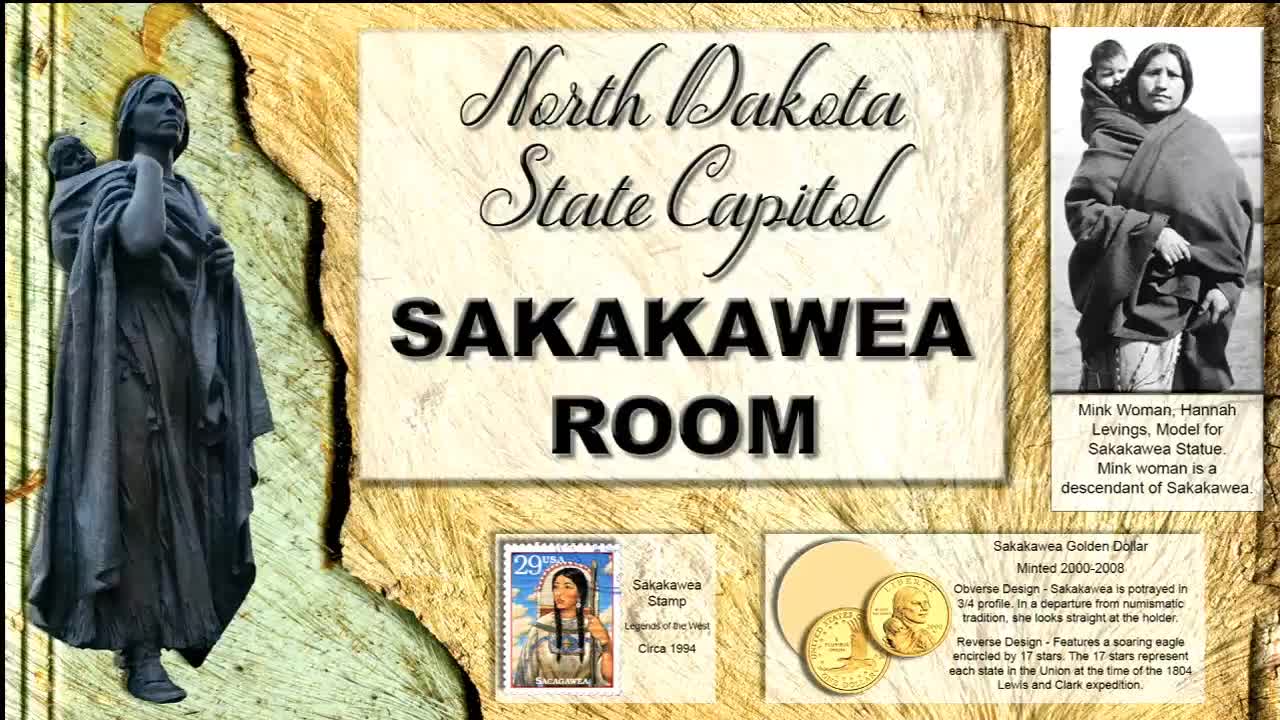Panel reviews University System long sheet: dual-credit, financial-aid system, challenge grants and a funding-formula study
Get AI-powered insights, summaries, and transcripts
Subscribe
Summary
The Appropriations - Education and Environment Division reviewed the University System long sheet, agreed to include a $1.5 million one-time dual-credit scholarship appropriation from Bank of North Dakota profits, approved a lower-cost financial-aid system enhancement (205,000 total), and retained $25 million in SIF challenge-grant authority while rejecting an amendment to add two private colleges to the grant list.
The Appropriations - Education and Environment Division reviewed the North Dakota University System long sheet and acted on several system-level funding items while directing staff to draft a study of the higher-education funding formula.
Alex and other system-office staff walked the committee through ongoing and one-time requests on the long sheet. Highlights the committee endorsed or agreed to include by consensus: a one-time $1,500,000 appropriation for dual-credit scholarships from Bank of North Dakota (BND) profits (the line appears in the Senate version of the long sheet); a lower-cost option for a financial-aid compliance/enhancement system delivered through CTS for a biennial cost of $205,000 (including $25,000 one-time implementation and $180,000 ongoing maintenance/operations); and a Senate-proposed $25,000,000 Strategic Investment Fund (SIF) allocation for higher-education challenge grants (the committee retained the $25 million Senate figure in the long-sheet discussion).
Dave (system staff) explained the vendor quotes that produced the lower-cost financial aid system option: hosting the application at CTS for a biennium total of $205,000 rather than separate campus instances at a higher quoted cost. The committee had no objections to including $180,000 as base funding and $25,000 one-time implementation; the committee directed the one-time $25,000 be funded from the general fund.
Committee members discussed a proposed amendment from Senator Connolly to add the University of Mary and the University of Jamestown (two private institutions) into the eligibility list for challenge grants (each to receive $600,000 under the amendment). Connolly argued the private institutions serve North Dakota students and the requested funds would support student scholarship and endowment work; Senator Thomas and other members resisted using the state challenge-grant pot to fund private institutions, saying the program is intended to target public institutions under the existing statutory structure. Senators debated the amendment and the committee voted; the amendment failed on a roll-call vote with one "yes" and four "no" votes (Connolly yes; Thomas, Shibley, Meyer and the chairman recorded as no).
Members also discussed a proposed study to review the higher-education funding formula more broadly. The chairman asked staff to draft a study structure modeled on a legislative management finance study: the draft would propose a study committee of seven legislators (appointed by legislative management, with a chair who could be either a senator or representative) plus five nonvoting institutional vice-presidents to provide technical and operational guidance. Senator Scheibaly and others suggested the nonvoting institution representatives be selected to ensure geographic and institutional balance (UND, NDSU, a mix of four-year and two-year schools, east and west).
System-office staff also walked members through capital requests, bonding authorizations for several campuses, and special-purpose requests (e.g., Nursing Education Consortium, Professional Student Exchange funding). The long-sheet items will be updated to reflect the committee's consensus decisions and final language will be returned for adoption at the next meeting.
Ending: Staff will adjust the long sheet to include the committee's consensus additions — the dual-credit scholarship line, the CTS-based financial-aid system enhancement (205,000), and the retained SIF challenge-grant authorization — and to draft the study committee language for the funding-formula review.
